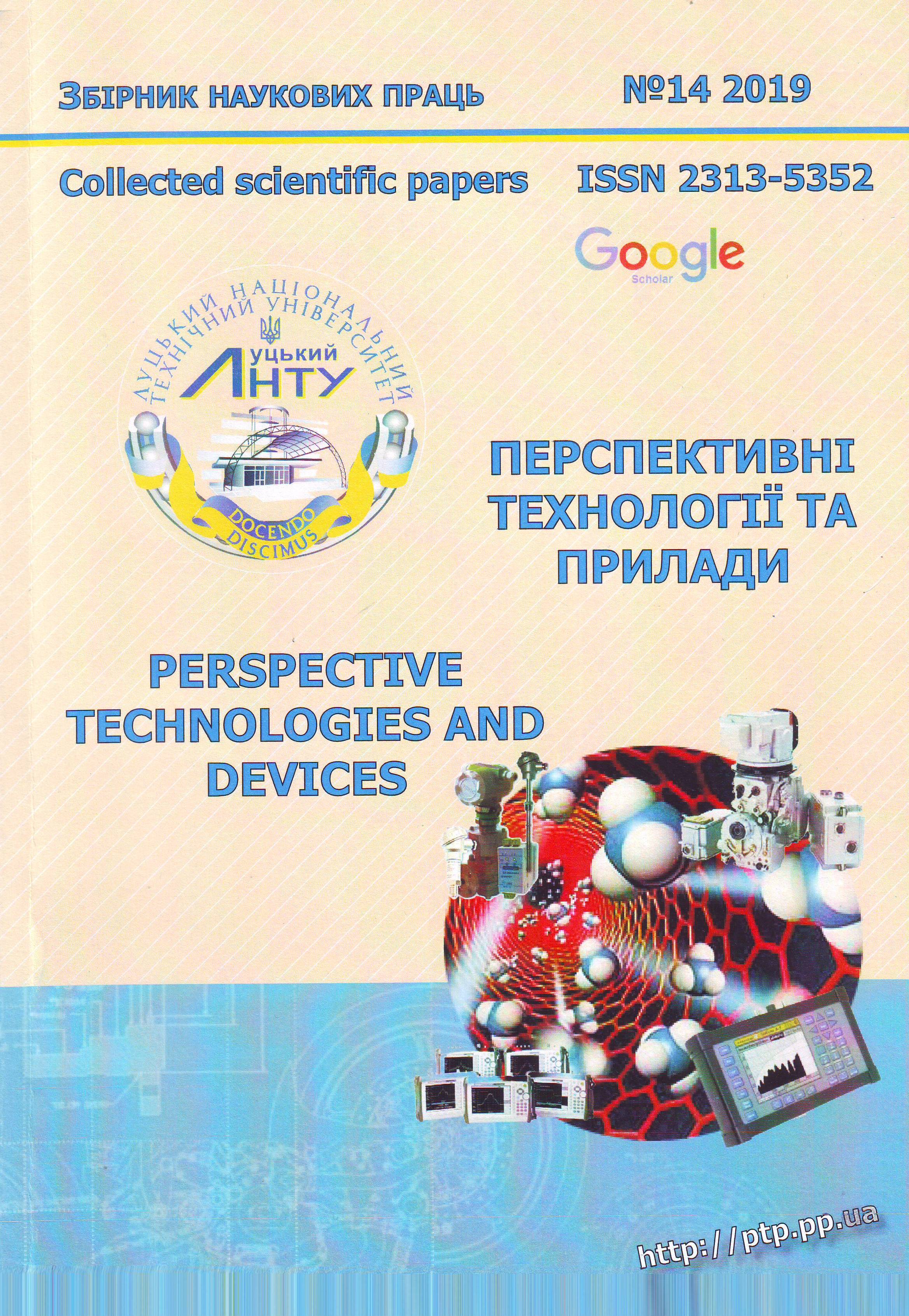TECHNOLOGY FOR OBTAINING A SENSITIVE ELEMENT FOR AN INFRARED RADIATION SENSOR
Abstract
In this article on the basis of measurements of infrared Fourier spectroscopy and Hall effect has been established that the main types of radiation defects in silicon single crystals, irradiated by the electrons, are oxygen-containing complexes, which include interstitial carbon and alloying impurity. Investigated silicon single crystals were doped in the growth process according to the Czochralski's method by the impurity of phosphorus, concentration Nd=2,2·1016cm-3 and subsequently irradiated at room temperature by the flow of electrons of 1·1017 еl./сm2 with the energy of 12 MeV. It has been shown that for such technological conditions of the growth and irradiation of silicon single crystals by a flow of fast electrons is a very effective the formation in the volume of these single crystals of A- centers, additionally modified by the impurity of phosphorus (VOiP complexes). Radiation treatment of the investigated silicon single crystals allowed to increase their photosensitivity coefficient at the room temperature more than 2 times for the wavelength of infrared radiation λ~11,6 μm, which corresponds to the absorption by the radiation defects, which belong to the CiOi complexes (interstitial carbon - oxygen). It has been shown that at temperatures lower than the room temperature one more absorption band appears at λ~11,3 μm, which corresponds to the VOiP complexes. The proposed technology of the obtaining silicon single crystals can be used to create on their basis of the elements of infrared equipment for wavelengths λ~11,6 μm and λ~11,3 μm, which can be function in a wide range of temperatures.


 https://scholar.google.com.ua/citations?
https://scholar.google.com.ua/citations?

